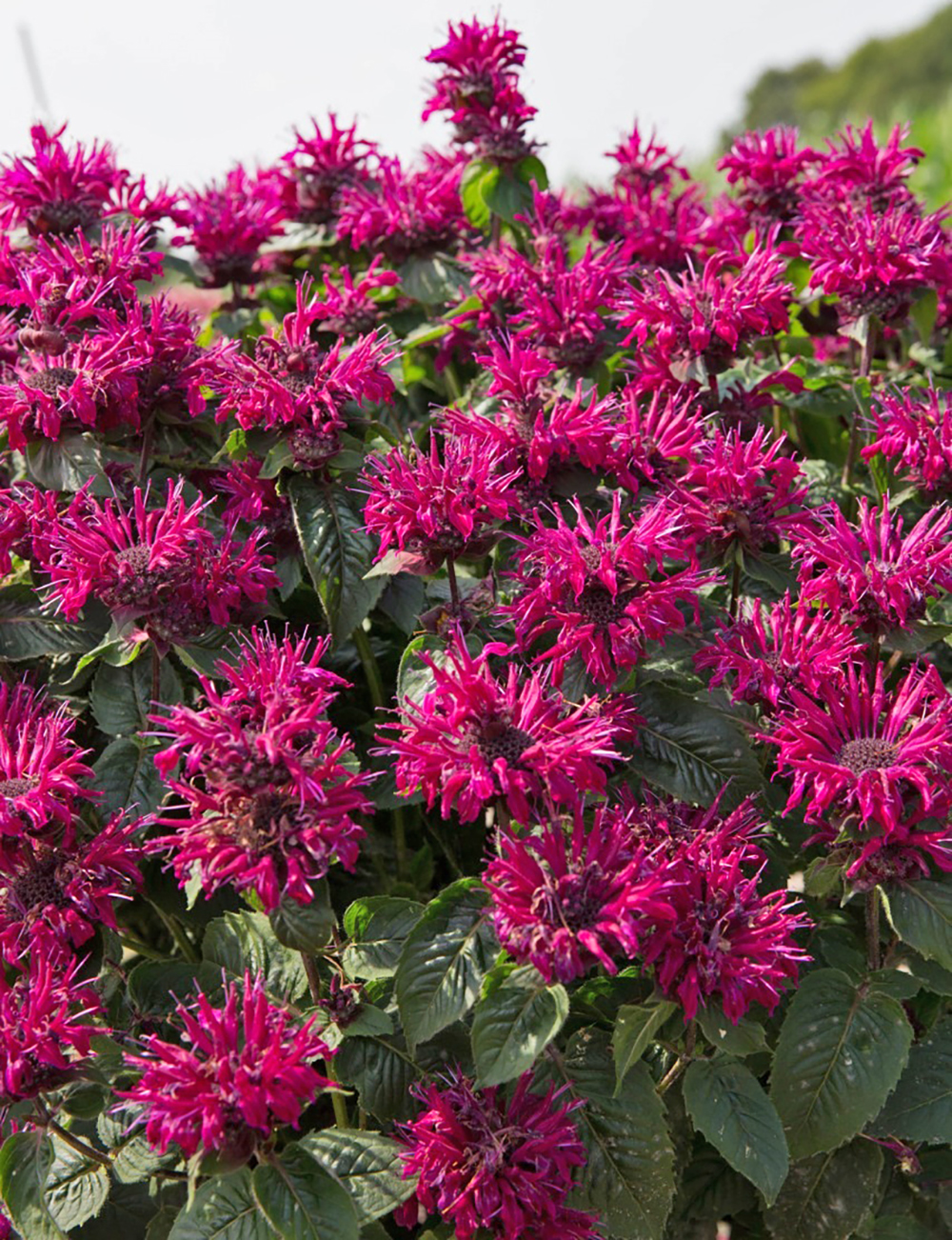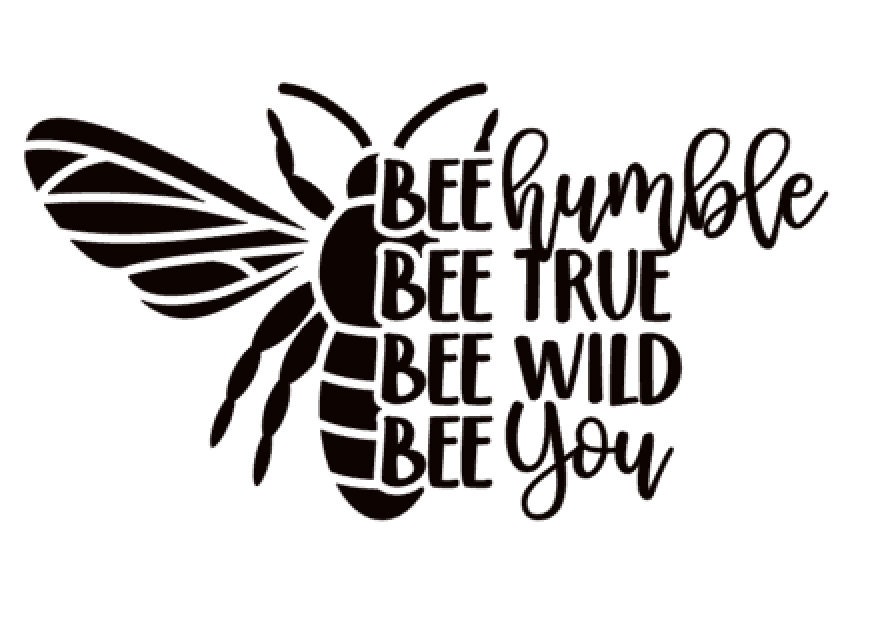The Buzz Around True Bee: Nature's Tiny Heroes And Their Impact
There’s something magical about the hum of a bee buzzing through the air. It’s a sound that connects us to nature in a way that’s both simple and profound. But let’s face it—bees are so much more than just pollinators. They’re the true bee heroes of our planet, working tirelessly behind the scenes to keep ecosystems thriving and food chains humming along. So, buckle up, because we’re diving deep into the world of these tiny powerhouses, uncovering why they matter and how we can all lend a hand in protecting them.
Now, you might be thinking, “Why should I care about bees?” Great question! Here’s the deal: bees are responsible for pollinating about one-third of the food we eat. That means your morning coffee, those juicy strawberries you love, and even the chocolate you snack on—all owe their existence to bees. And guess what? True bees, the real deal, are the ones doing the heavy lifting. So, yeah, they deserve a little spotlight.
But there’s another reason to get excited about true bees. They’re not just nature’s workers; they’re also a symbol of resilience and teamwork. These buzzing buddies teach us lessons about community, adaptation, and the importance of small actions adding up to big results. So, whether you’re a gardener, a foodie, or just someone who cares about the planet, this article is for you.
What Exactly Is a True Bee?
Let’s start with the basics. When we talk about true bees, we’re referring to members of the superfamily Apoidea. These aren’t your garden-variety imposters or look-alikes. True bees are the real deal, equipped with specialized body parts designed for pollination. They have branched hairs on their bodies that trap pollen, and some even have pollen baskets on their legs. Cool, right?
There are over 20,000 species of true bees in the world, ranging from the iconic honeybee to the solitary mason bee. Each species plays a unique role in its ecosystem, and together, they form a complex web of pollination that keeps plants reproducing and ecosystems healthy. So, next time you see a bee flitting from flower to flower, take a moment to appreciate the hard work it’s doing.
The Role of True Bees in Ecosystems
True bees are the unsung heroes of the natural world. Without them, many plants wouldn’t be able to reproduce, and entire ecosystems could collapse. Here’s how they make such a big impact:
- Pollination: Bees transfer pollen between flowers, enabling plants to produce seeds and fruit.
- Biodiversity: By supporting plant reproduction, bees help maintain biodiversity in ecosystems.
- Food Security: Many of the crops we rely on, like almonds, apples, and blueberries, depend on bee pollination.
But here’s the kicker: true bees don’t just benefit plants. They also support other wildlife by creating habitats and food sources. Birds, insects, and even larger animals rely on the fruits and seeds produced by pollinated plants. So, when you protect bees, you’re protecting the entire web of life.
Why Are True Bees in Trouble?
Unfortunately, true bees are facing some serious challenges. Habitat loss, pesticide use, and climate change are all taking a toll on bee populations worldwide. And when bees suffer, so do the ecosystems they support.
One of the biggest threats to true bees is the loss of wildflower meadows and other natural habitats. Urbanization and agriculture have claimed vast areas of land, leaving bees with fewer places to nest and forage. Plus, the use of neonicotinoid pesticides has been linked to declines in bee populations, as these chemicals can harm bees’ nervous systems and weaken their immune systems.
Climate Change: A Growing Concern
Climate change is another major threat to true bees. As temperatures rise and weather patterns shift, bees are struggling to adapt. Some species are moving to new areas in search of suitable habitats, while others are facing extinction. And let’s not forget about the plants that rely on bees for pollination. If the timing of flowering and bee activity gets out of sync, both parties lose.
How Can We Help True Bees?
The good news is that there are plenty of ways we can help true bees thrive. Whether you have a backyard garden or just a windowsill, you can make a difference. Here are some simple steps you can take:
- Plant bee-friendly flowers: Choose native plants that bloom at different times of the year to provide a steady food source for bees.
- Avoid pesticides: Opt for natural pest control methods instead of chemical pesticides that can harm bees.
- Provide nesting sites: Leave some areas of your garden undisturbed to give solitary bees a place to nest.
- Spread the word: Educate others about the importance of bees and the threats they face.
And don’t underestimate the power of small actions. Even something as simple as planting a few flowers or reducing pesticide use can make a big difference for local bee populations.
True Bee Facts You Need to Know
Here’s where things get really interesting. True bees are full of surprises, and there’s so much we can learn from them. Did you know that:
- Not all bees live in hives? In fact, most bee species are solitary and build their own nests.
- Bees can recognize human faces? Studies have shown that bees can learn to distinguish between different human faces, even though their brains are tiny.
- Bee communication is incredibly sophisticated? Honeybees use a “waggle dance” to tell their hive mates where to find food.
These facts not only highlight the intelligence and adaptability of true bees but also remind us how much we still have to learn about these incredible creatures.
Did You Know? Bees Have Personalities
That’s right—bees aren’t just mindless workers. Research has shown that individual bees can have distinct personalities, with some being more adventurous or risk-taking than others. This diversity within bee colonies helps them adapt to changing environments and overcome challenges.
True Bee Conservation Efforts
Thankfully, there are many organizations and initiatives dedicated to protecting true bees. From creating bee-friendly habitats to advocating for sustainable farming practices, these efforts are making a real difference. Here are a few examples:
- The Pollinator Partnership: A nonprofit organization working to protect pollinators and their habitats.
- Bee City USA: A program that certifies cities, towns, and campuses that take action to support bees and other pollinators.
- The Xerces Society: A conservation group focused on invertebrates, including bees, butterflies, and other pollinators.
These organizations rely on support from individuals like you. By donating, volunteering, or simply spreading awareness, you can help ensure a brighter future for true bees.
True Bee Species to Watch
With over 20,000 species of true bees, it’s hard to keep track of them all. But some species are particularly noteworthy, either because of their unique characteristics or their conservation status. Here are a few to watch:
- Bumblebees: Known for their fuzzy bodies and social behavior, bumblebees are important pollinators in many regions.
- Mason Bees: These solitary bees are excellent pollinators of fruit trees and can be easily attracted to gardens with the right nesting materials.
- Rusty Patched Bumblebee: Once common in North America, this species is now critically endangered due to habitat loss and disease.
By learning about these species and their needs, we can better support their survival.
Spotting True Bees in Your Area
If you’re curious about the true bees in your neighborhood, there are plenty of resources to help you identify them. Apps like iNaturalist and Bumble Bee Watch allow you to upload photos and get expert identifications. You can also attend local workshops or join citizen science projects to learn more about bees in your area.
The Economic Value of True Bees
Let’s not forget the economic importance of true bees. Pollination services provided by bees are worth billions of dollars worldwide. In the United States alone, bees contribute an estimated $15 billion to the agricultural economy each year. Without them, many crops would be impossible to grow, leading to higher food prices and reduced availability.
But the value of bees goes beyond economics. They also support the tourism industry by maintaining ecosystems that attract visitors. Think about it: who wouldn’t want to visit a picturesque orchard or a vibrant wildflower meadow? Bees make these places possible.
True Bee Myths Debunked
There’s a lot of misinformation out there about bees, so let’s set the record straight. Here are a few common myths and the truth behind them:
- Myth: All bees sting. Truth: Many bee species are gentle and won’t sting unless provoked.
- Myth: Bees are only active in summer. Truth: Some bee species are active year-round, depending on their location.
- Myth: Bees are pests. Truth: Bees are beneficial insects that play a vital role in ecosystems and agriculture.
By dispelling these myths, we can create a more bee-friendly world and encourage others to appreciate these incredible creatures.
The Importance of Education
Education is key to changing perceptions about bees. By teaching people about the importance of bees and how to coexist with them, we can reduce fear and promote conservation. Schools, community groups, and even social media platforms can all play a role in spreading awareness.
Conclusion: Why True Bees Matter
So, there you have it—the buzzing world of true bees in a nutshell. From pollinating our food to maintaining ecosystems, these tiny insects are truly indispensable. But they need our help to thrive in a rapidly changing world. By taking action—whether it’s planting flowers, reducing pesticide use, or supporting conservation efforts—we can all play a part in protecting true bees.
So, what’s next? We invite you to share this article, leave a comment, or explore other resources to learn more about bees. Together, we can create a world where true bees—and the ecosystems they support—can flourish. After all, the future of our planet depends on it.
Table of Contents
- What Exactly Is a True Bee?
- The Role of True Bees in Ecosystems
- Why Are True Bees in Trouble?
- How Can We Help True Bees?
- True Bee Facts You Need to Know
- True Bee Conservation Efforts
- True Bee Species to Watch
- The Economic Value of True Bees
- True Bee Myths Debunked
- Conclusion: Why True Bees Matter



Detail Author:
- Name : Lisette Dach
- Username : beer.august
- Email : elda.kozey@wilkinson.com
- Birthdate : 2007-04-14
- Address : 7383 Hermann Hill Apt. 011 Port Christa, NV 15180-4610
- Phone : 1-458-339-4494
- Company : Howell-Wintheiser
- Job : Receptionist and Information Clerk
- Bio : Quos commodi cumque officiis cumque modi a. Minus omnis enim harum eveniet. Quae maxime suscipit vitae facilis repellat dolorum.
Socials
linkedin:
- url : https://linkedin.com/in/dickense
- username : dickense
- bio : Assumenda eos omnis molestiae est non.
- followers : 2254
- following : 331
instagram:
- url : https://instagram.com/dickens2021
- username : dickens2021
- bio : Ut alias labore facere provident. Maiores et sit nulla. Aut est id ut quis sit cumque.
- followers : 6594
- following : 1137
twitter:
- url : https://twitter.com/edickens
- username : edickens
- bio : Rerum minima libero distinctio a et et qui. Recusandae amet ut neque qui. Impedit omnis repellendus et officia. Veniam repudiandae minima qui et nam velit.
- followers : 1913
- following : 2776
facebook:
- url : https://facebook.com/evangeline_xx
- username : evangeline_xx
- bio : Expedita et deserunt quisquam ut.
- followers : 1706
- following : 2220
tiktok:
- url : https://tiktok.com/@edickens
- username : edickens
- bio : Voluptate possimus atque libero veritatis ut nulla magnam deleniti.
- followers : 674
- following : 2434